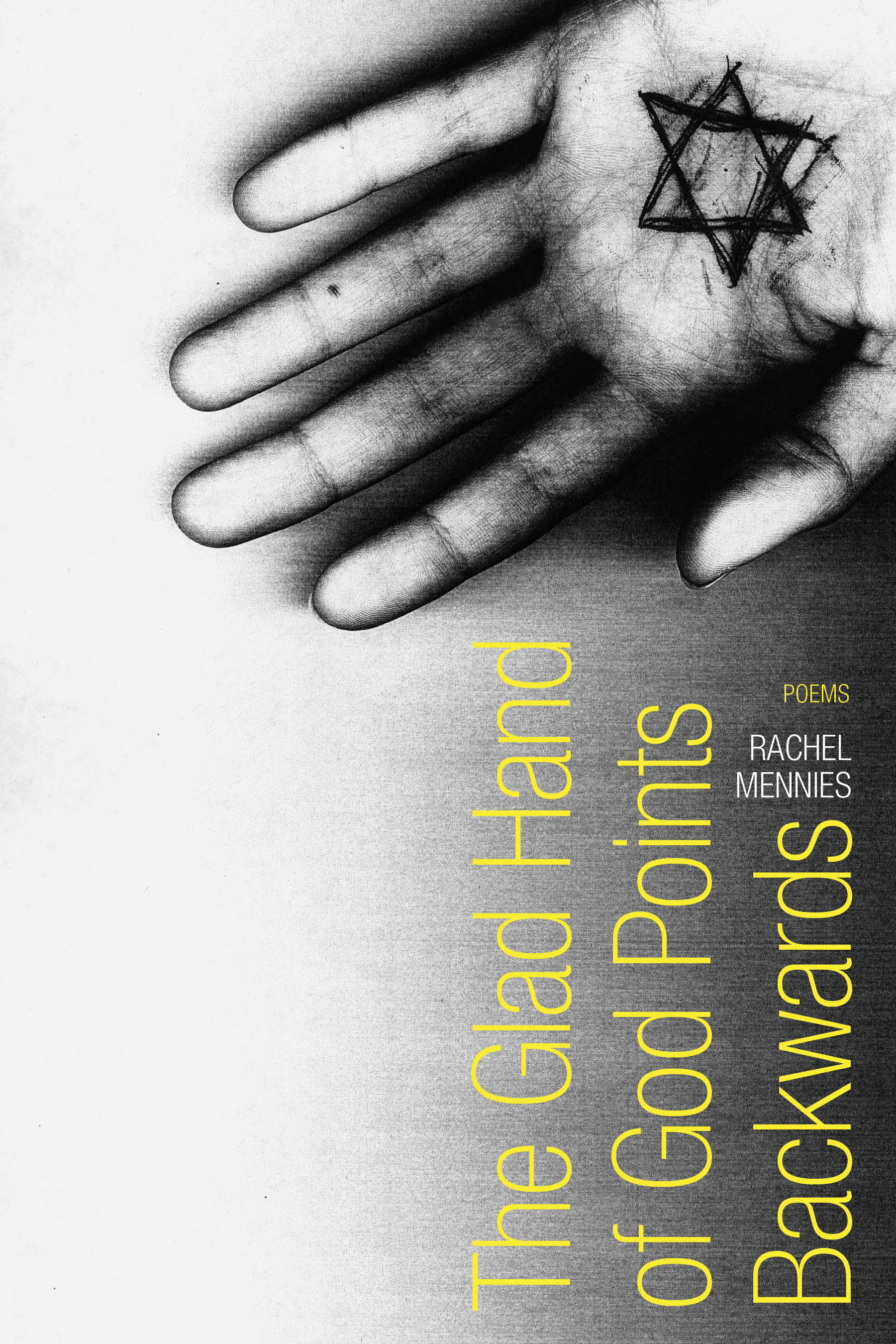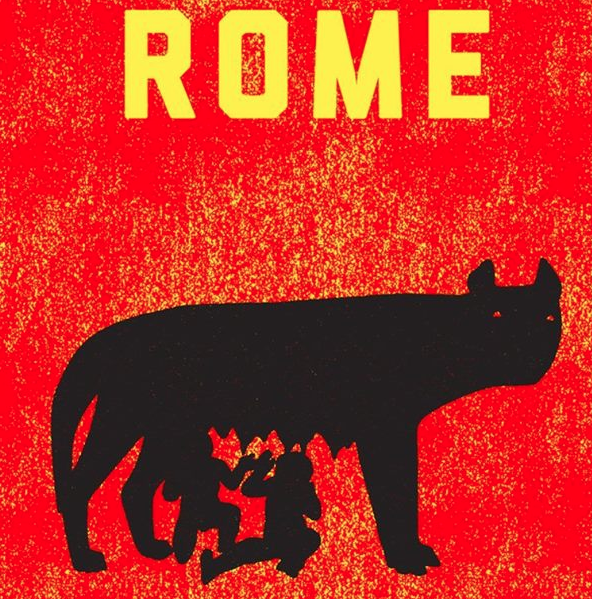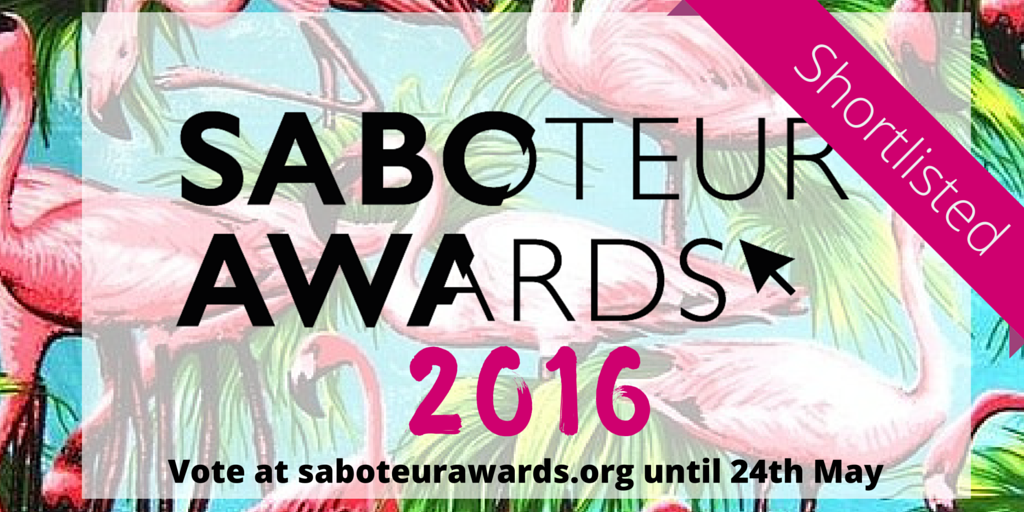The Glad Hand of God Points Backwards by Rachel Mennies
– Reviewed by James O’Leary –
Rachel Mennies’ first collection, The Glad Hand of God Points Backwards, is full of conflict: internal, external, spiritual and historical. Moving between the present and the early twentieth century, the tone and point of view is consistent even as we shift between perspectives. The language of faith mixes with the vernacular of modern America, at times both rabbinical and pop-cultural within the same poem.
The title suggests subtle satire, and Mennies presents God as an entity who is conversational and aware of personal shortcomings. This humour is a small component, an undercurrent. Mennies addresses Judaism, and faith in general, in a very human, grounded way. There is no irreverence, but also no preaching.
‘Learning to Multiply’ is a powerful opening poem:
the stories of stories, books
of books, myths of survival, fear untreatable
by sertraline or liquor. Still, their children, we
average a sort of goodness, fill up whole pews
at Friday night services
Personal family history – European history – meets Mennies’ life in modern Philadelphia, and these threads are explored through generations. In ‘The Jewish Woman in America, 2010’ we see the incongruity of traditional religious dress in corporate supermarket chains:
their sons garbed as God prefers
even in hot July, consoled by the tallit,
trailing blessed white strings
through Forbes Avenue dirt.
Clothing appears over and over as a signal of identity: as part of spiritual practice, as signifier of a particular time, or as something to sell for safe passage to America.
Yiddish is used throughout, a Jewish language spoken in Central and Eastern Europe before the Holocaust. Originally a German dialect, today it is largely used in the US and Israel, and its prevalence adds a real specificity to these poems. Though these Hebrew words are unfamiliar to me, the writing is immersive enough to settle me into the world of the book.
In exploring family dynamics, there are parallels between the poet’s relationship with God and her relationship with her grandfather: relationships based on not quite understanding, but wanting to understand. Relationships are often stories, heard second or third-hand, then told to us through poetry. In ‘The Storytelling Disease’, the poet’s grandmother confronts the distortions all stories go through, one way or another:
or the story I told you about your grandfather that leaves out the parts
that make me upset and that includes parts that I’ve added
so you don’t ask questions about the rest
what good is storytelling at my age if I can’t tell you the stories the way I want
Yet there is no doubt that these poems are seeking some form of truth, if not solid answers. The collection is by turns frank, playful and profound. Mennies is a poet with a distinct point of view, and a compelling, unique writing style.





